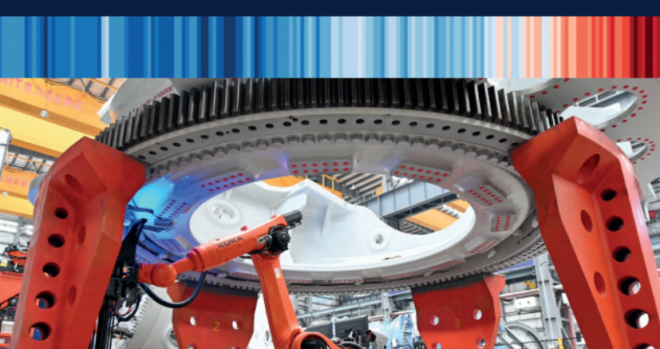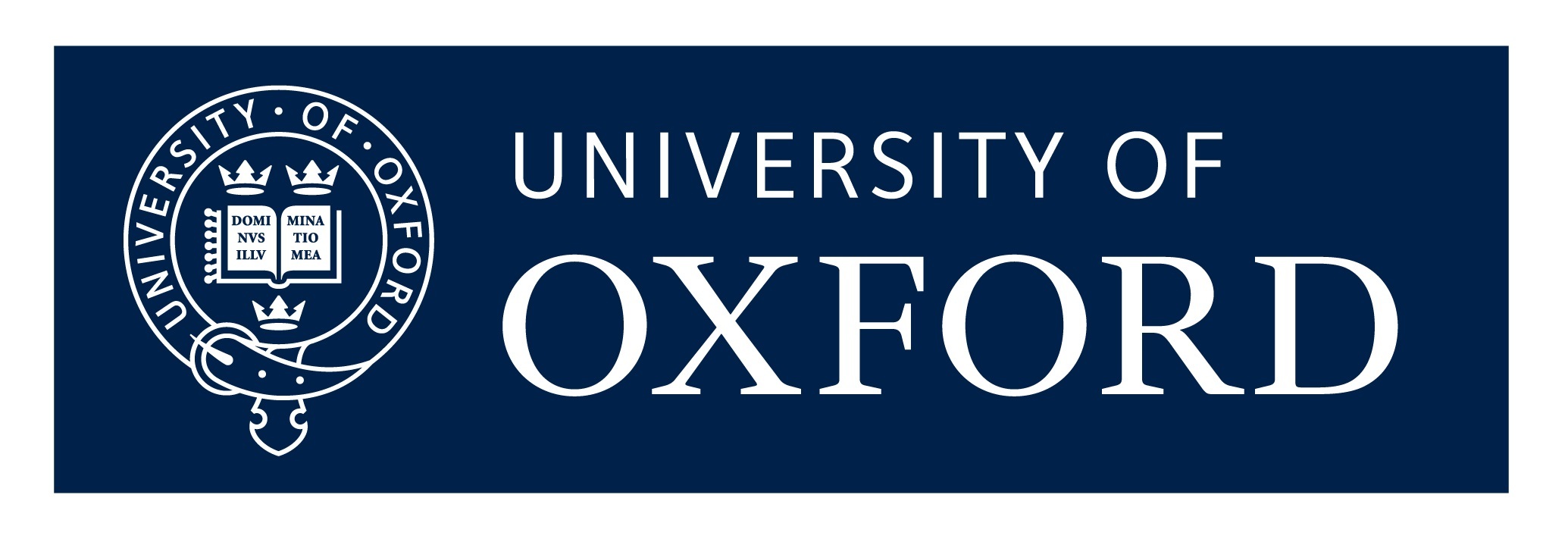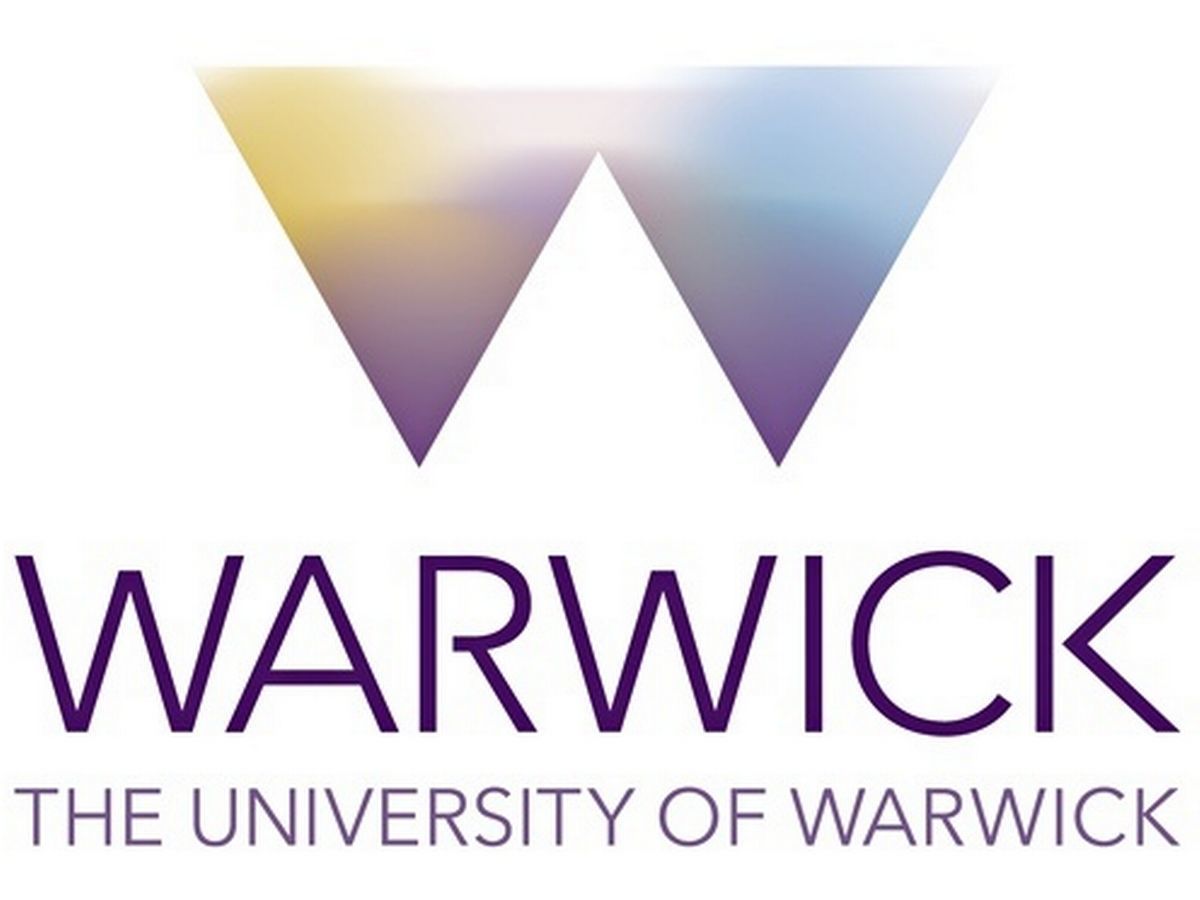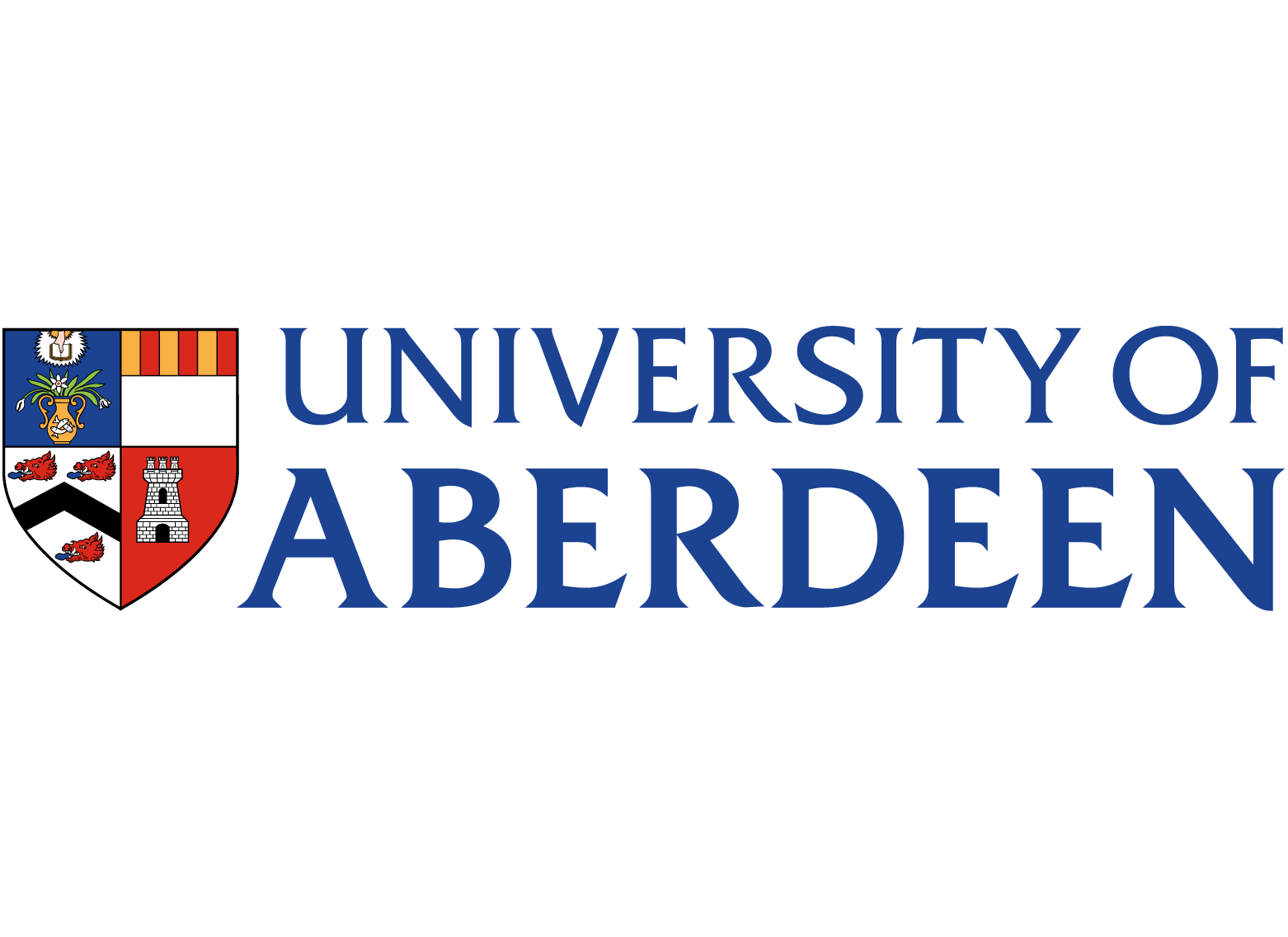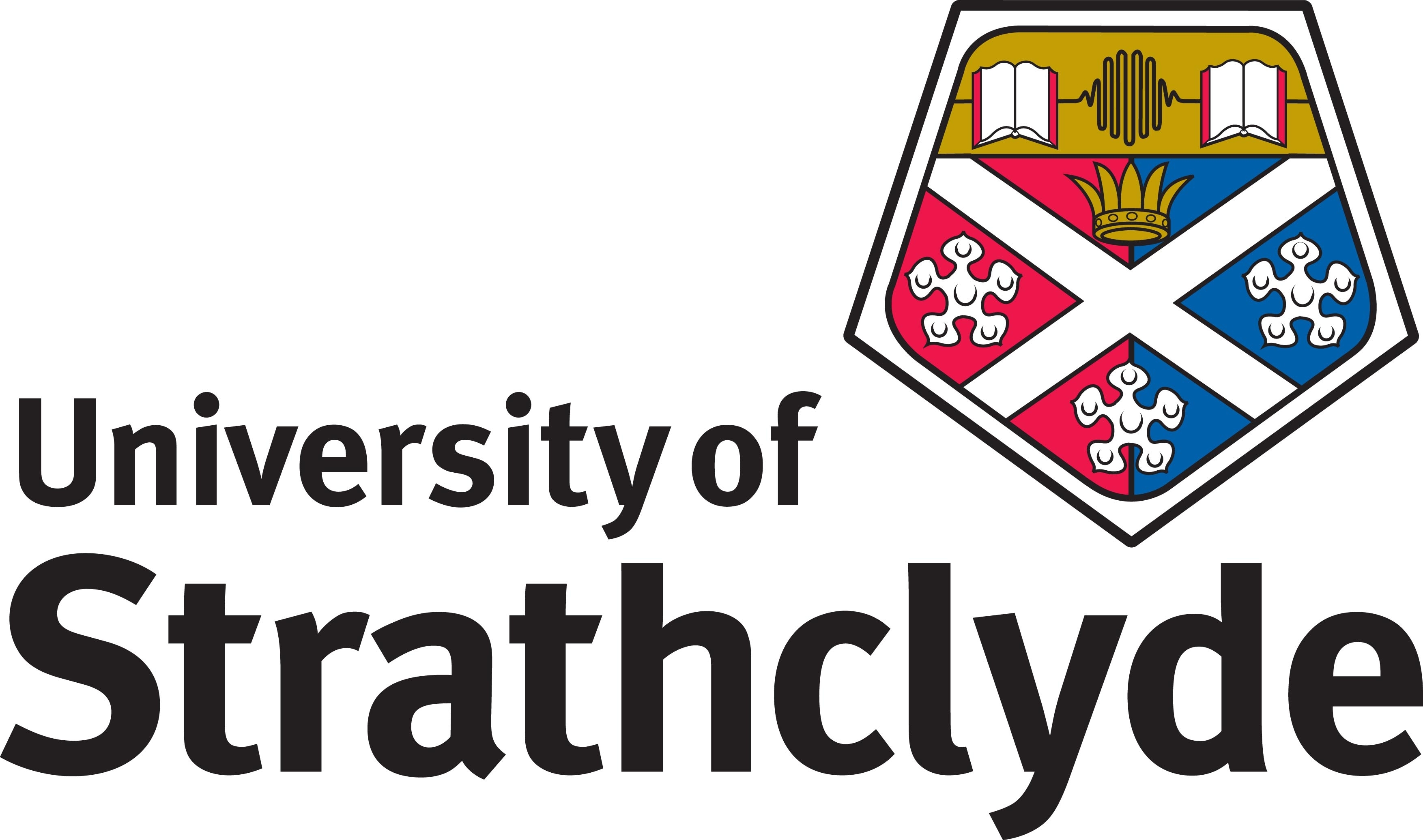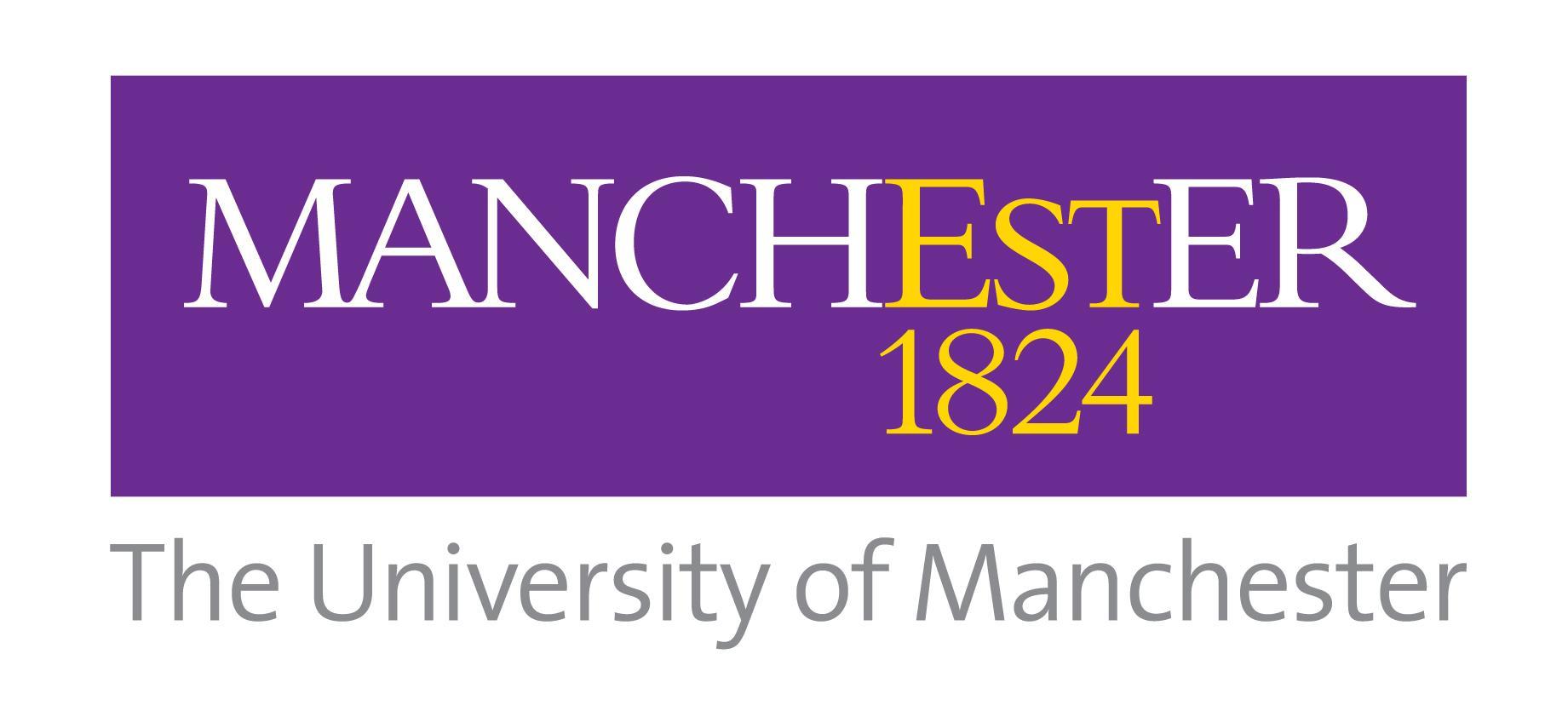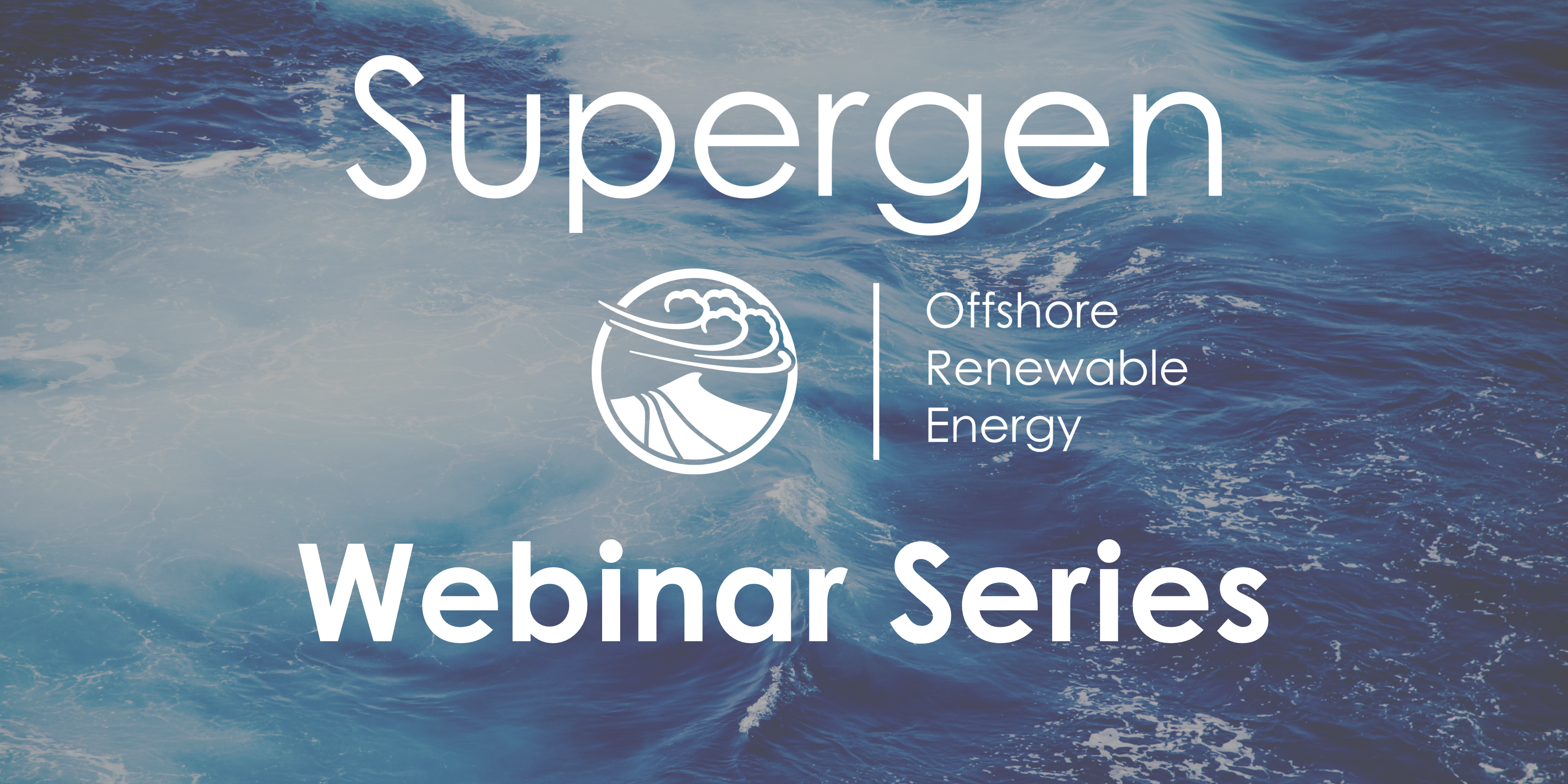
The Supergen ORE Hub is pleased to present the next topic in our new webinar series sharing the latest insights and innovations in offshore renewable energy research and giving a platform to those working at the forefront of ORE research. Find out more about previous webinars and watch recordings here.
About the webinar
The power generated offshore is typically transported ashore via subsea power cables. In particular for floating installations, dynamic submarine power cables will be one of the most critical and exposed components, connecting the floating platform to static subsea export cables or floating export/production platforms.
Dynamic submarine power cables used in deeper waters need to support increased loads and handle the movement of the floating vessel or platform. They must also be able to tolerate fatigue associated with load changes that occur during their movement in the water column.
The structural characteristics of dynamic power cables are often approximated through numerical modelling, but to get precise measurements of key properties, mechanical testing of full-scale cables is essential, including testing axial stiffness and bending stiffness.
This webinar provides a brief review of typical test setups and recommended test practices. It also presents a case study and characteristic results of a mechanical cable test campaign, quantifying cable stiffness and fatigue. The example illustrates the value of mechanical testing to better inform both global hydrodynamic models with cable properties and to better calibrate local finite element analysis tools.
The webinar will be useful for researchers and practitioners concerned with the modelling, design and testing of submarine dynamic power cables. It will also be useful for project investors and underwriters to better understand the assurance testing of cables as a critical component.
About the speakers
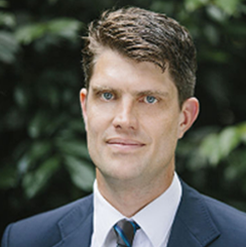
Professor Philipp Thies (Webinar Chair) is Chair of Renewable Energy (Offshore Reliability) and Deputy Head of Engineering at the University of Exeter. His work aligns computational modelling with application-driven design and reliability improvements. He is particularly involved with offshore systems, including dynamic power cables and moorings. He is a Co-Director of the EPSRC Supergen ORE Impact Hub (EP/Y016297/1) and Co-Director of the EPSRC Industrial Doctoral Centre for Offshore Renewable Energy (IDCORE). He has led multiple large-scale test campaigns for dynamic power cables, working with major cable manufacturers and supply chain companies, including work with GE cable, JDR, Hellenic Cables, Trelleborg and CPNL. Prof. Thies’ work on dynamic submarine power cables has informed two Floating Wind JIP projects on dynamic cables and has received an IMEchE Best Paper award. Find out more about Philipp.
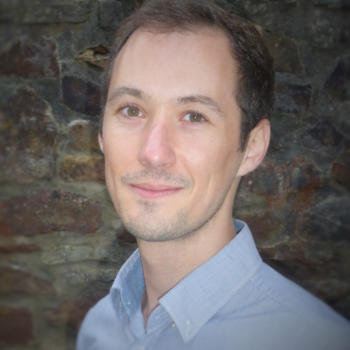
Dr Ed Mackay is a Research Fellow at the University of Exeter. His research focuses on the design and modelling of offshore renewable energy structures and resources, including statistical modelling of extreme environmental conditions and extreme structural responses. He is an expert in hydrodynamics, met ocean assessment, numerical modelling, physical testing, data analysis and statistics. He has a track record of developing new methodologies for modelling offshore environments and advancing industry knowledge. He is currently involved in the EPSRC Supergen ORE Impact Hub to deliver representative cable properties that can support the future design of floating wind energy. Find out more about Ed.

